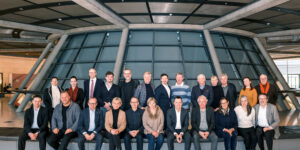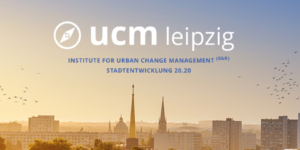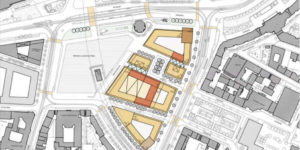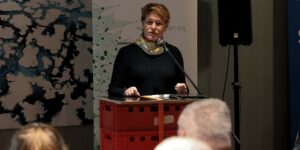Abgesang oder Marktbereinigung
oder: der kategorische Imperativ beim Geschäftsmodells des Grundstückhandels // Gedankensplitter Die EXPO Real 2023, Investitionsmesse bei Pleiten, Pech und Pannen zwischen Politik, Finanzwelt und Weltgeschehen 2023 hat uns in vielerlei …








